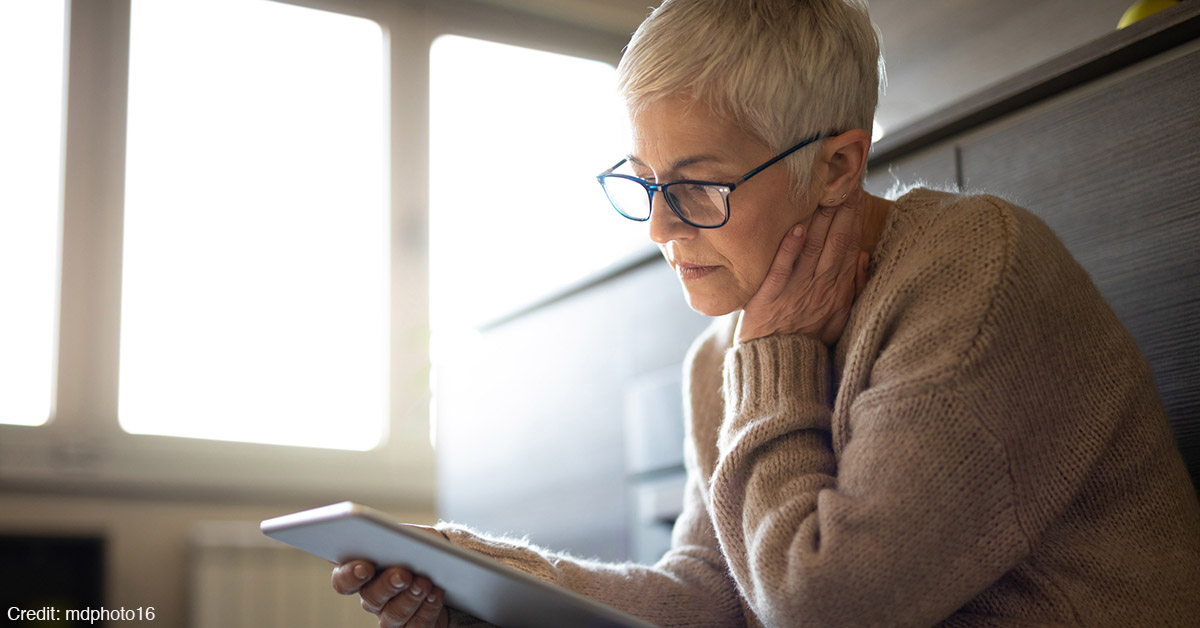Many people turn to social networks, such as Facebook, to connect with friends and family during times of crisis. A study by the School of Public Health recently analyzed the activity of breast cancer survivors on Facebook during their treatment and found while they posted more, they made relatively few requests for help.

The study was led by research scientist Jude Mikal and published in the Journal of Medical Internet Research.
To learn more about the ways breast cancer patients use Facebook for support, the researchers recruited 30 survivors through the social network. The survivors gave Mikal their consent to download more than 100,000 lines of raw information from their accounts. The team specifically analyzed the posting activity of patients three months before and after receiving their diagnosis, as well as three months before and after completing their treatment.
Mikal and his colleagues coded over 20,000 posts written by the participants to label the nature of their content. They focused on if posts were attempts to receive general or cancer-related help and if posts were positive or negative in tone.
The study found:
- overall, participants doubled their amount of postings on Facebook after being diagnosed with breast cancer;
- less than 3% of posts were requests for support;
- participants requested information, advice, emotional support and resources;
- most requests — 59% — were for resource support, such as help with something or donations (e.g., money, clothing);
- participant posts decreased by 16% from their peak following completing cancer treatment.
“This is the first step in exploring how breast cancer patients used Facebook,” said Mikal. “Next, we’ll take a closer look at the surge in patient posts we observed following a cancer diagnosis and learn more about how requests for support were made and how others responded.”

